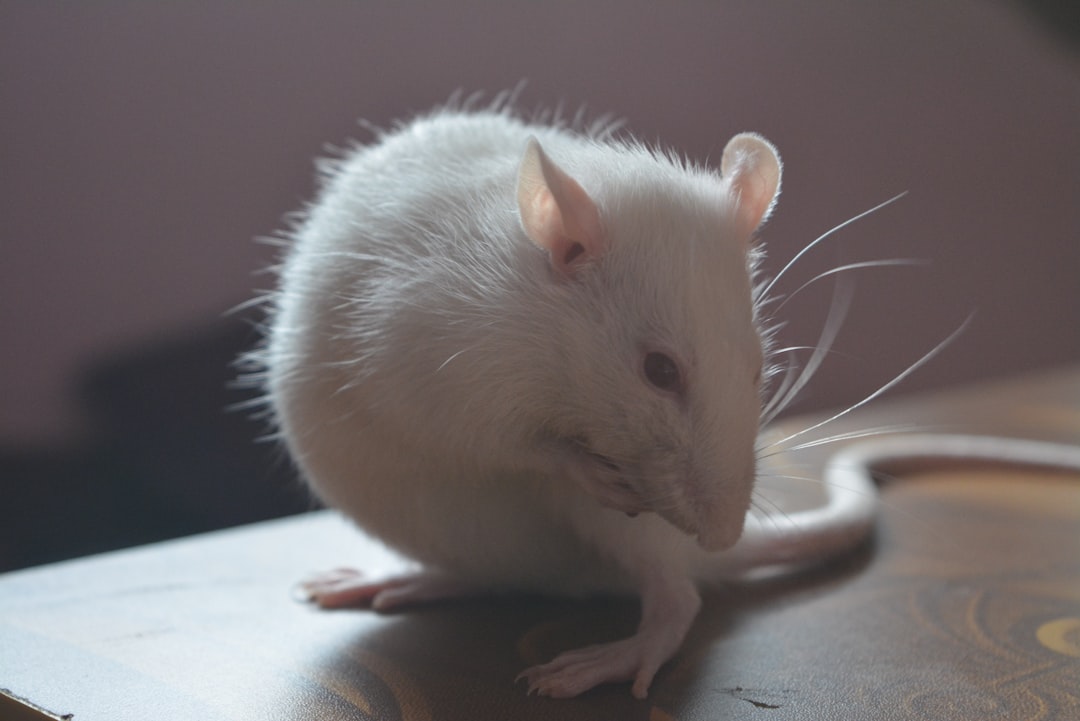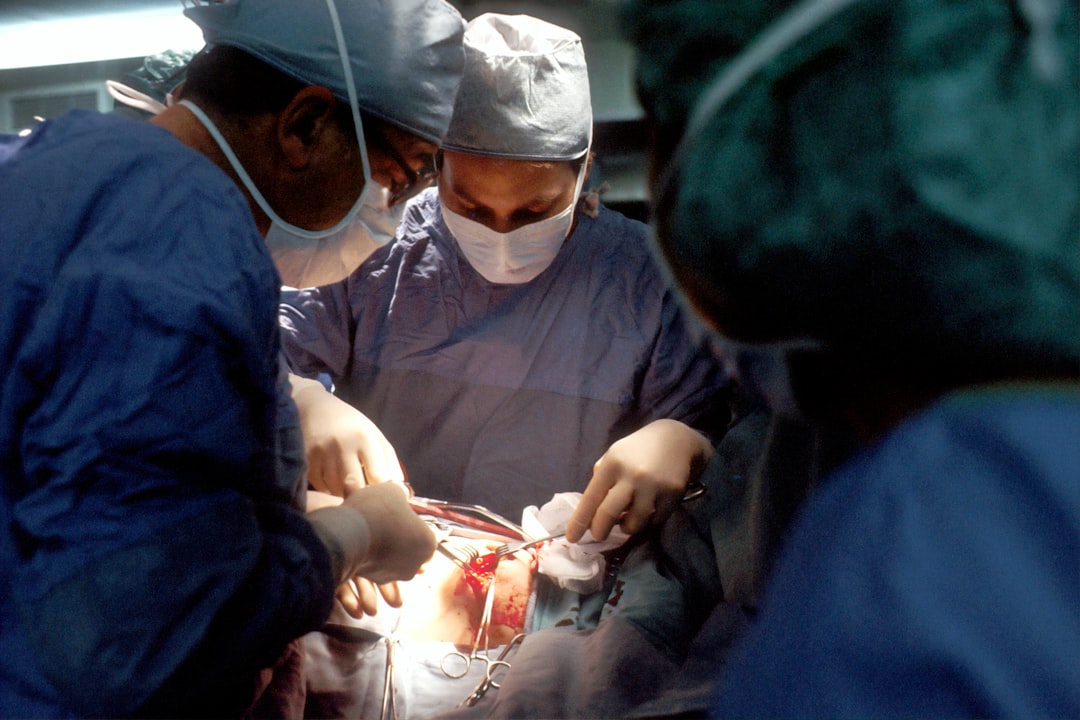What is it about?
Changes in cognitive function may be experienced by older adults after undergoing surgery and anaesthesia. These are described by the umbrella term ”perioperative neurocognitive disorders”. This article describes the context of an ageing surgical population, updated definitions and nomenclature, and strategies to reduce the incidence and impact of perioperative neurocognitive disorders around the time of surgery and anaesthesia.
Featured Image

Photo by Robina Weermeijer on Unsplash
Why is it important?
The global surgical population is ageing and perioperative neurocognitive disorders have significant implications for clinical outcomes, the experience of patients and their families, and the wider health and social care system.
Perspectives
Perioperative neurocognitive disorders should play part of shared decision making conversations when discussing treatment options with patients and their families. Cognitive function is an important patient-centred outcome. In addition, the evidence-base is expanding with regards to pathophysiology, risk factors, and interventions to reduce the incidence or optimal treatment if they occur.
Stuart Connal
Read the Original
This page is a summary of: Perioperative neurocognitive disorders, British Journal of Hospital Medicine, August 2023, Mark Allen Group,
DOI: 10.12968/hmed.2023.0184.
You can read the full text:
Contributors
The following have contributed to this page










